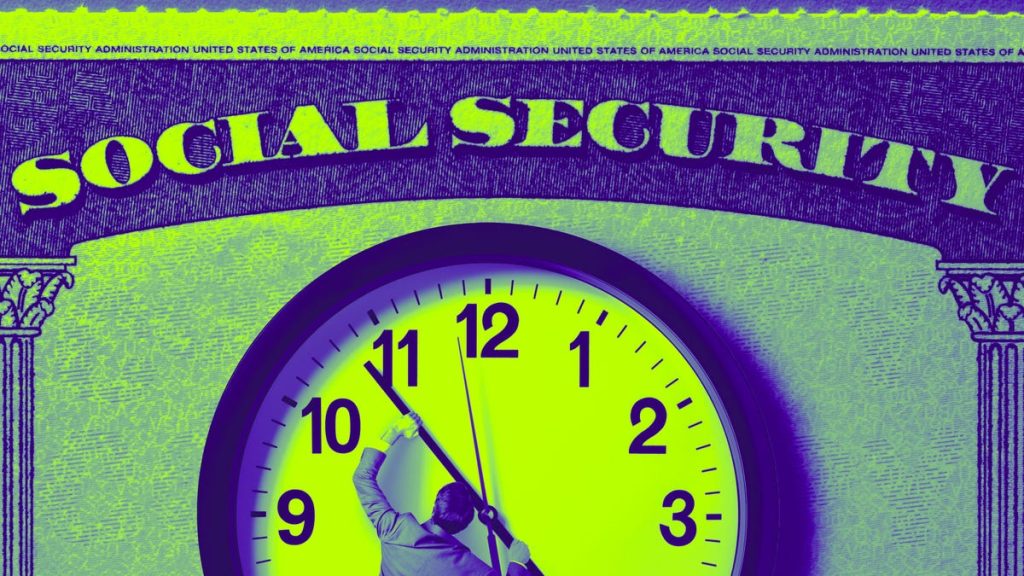If you are a recipient of Social Security payments and suddenly do not receive your money on the expected date, there may be various reasons for the delay. This could include changes in your banking information, a recent move, or a recent application for benefits. Additionally, the Social Security Administration may have stopped or suspended your benefits for various reasons, such as if your income exceeds the maximum amount allowed or if you have been in jail for an extended period. Delays in receiving benefits could also be due to issues within the Social Security office itself, such as staffing shortages. In such cases, it is important to contact the Social Security Administration to determine the cause of the delay.
If you have recently applied for Social Security benefits and have not received any communication after 30 days, you can check the status of your application by logging into your My Social Security account. This will provide information about the status of your claim, including the scheduled hearing date and time. If it has been more than 30 days and you have not received any updates from the Social Security Administration, it is advisable to contact your local office for further information. Similarly, if your Social Security direct deposit does not appear in your bank account on the expected date, contacting your bank and the Social Security Administration can help determine the status of your payment and whether any issues need to be resolved.
In cases where your Social Security benefits are late, it is important to take action to ensure that you receive the payments you are entitled to. Calling the Social Security Administration at 800-772-1213 or visiting your local office can help resolve any issues that may be causing the delay. It is also recommended to keep track of any changes in your banking information or address to prevent future delays in receiving your benefits. By staying informed and proactive in addressing any issues with your Social Security payments, you can ensure that you continue to receive the financial support you rely on.
Understanding the reasons behind delayed Social Security payments can help recipients take the necessary steps to address any issues and ensure that their benefits are received on time. Changes in banking information or address, recent applications for benefits, and suspensions of benefits by the Social Security Administration are common reasons for payment delays. By staying informed about the status of their applications and communicating with the Social Security Administration when issues arise, recipients can navigate any challenges that may affect their benefit payments. It is important to be proactive in addressing any delays to avoid financial hardships and ensure continued access to Social Security benefits.












